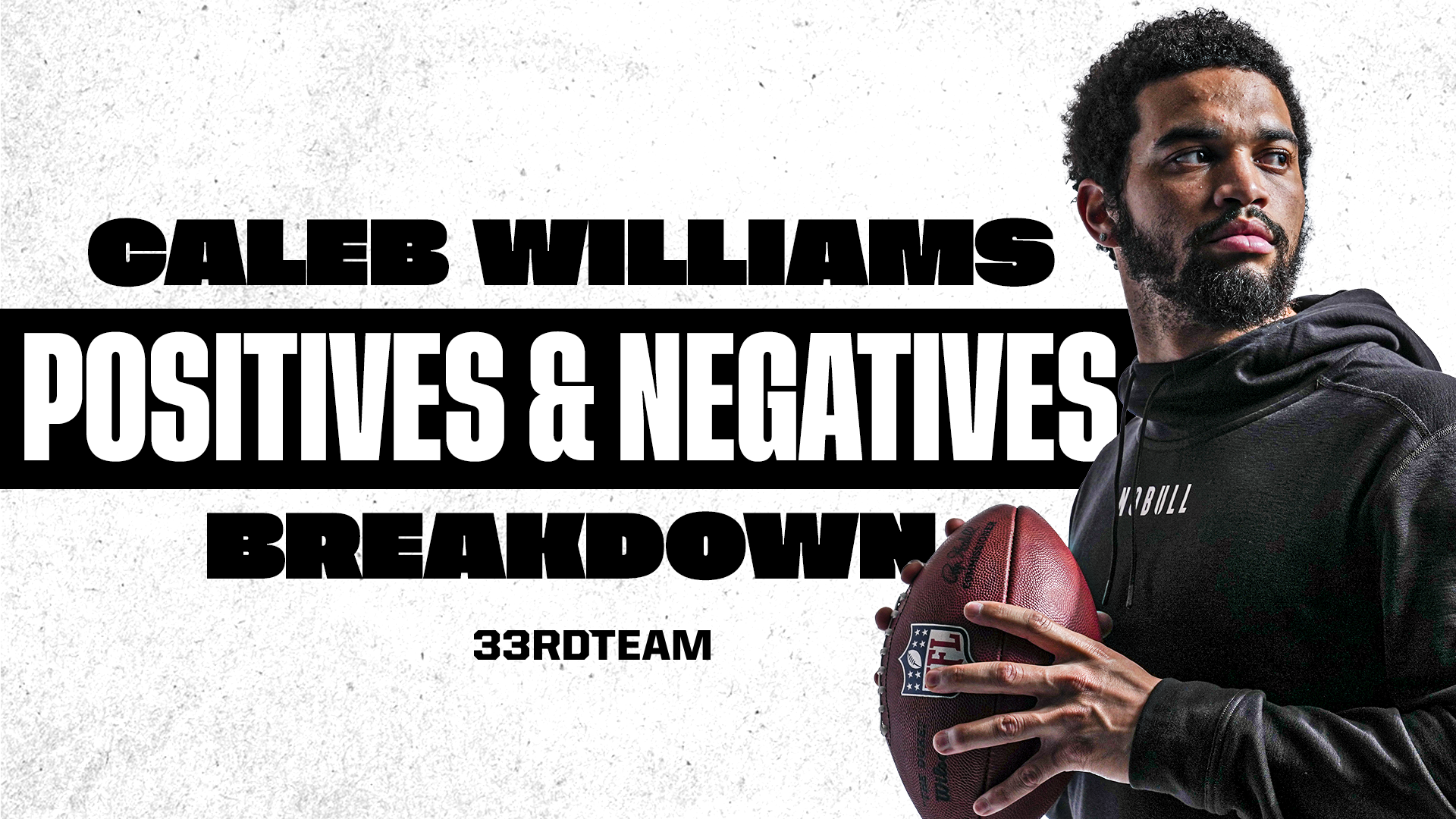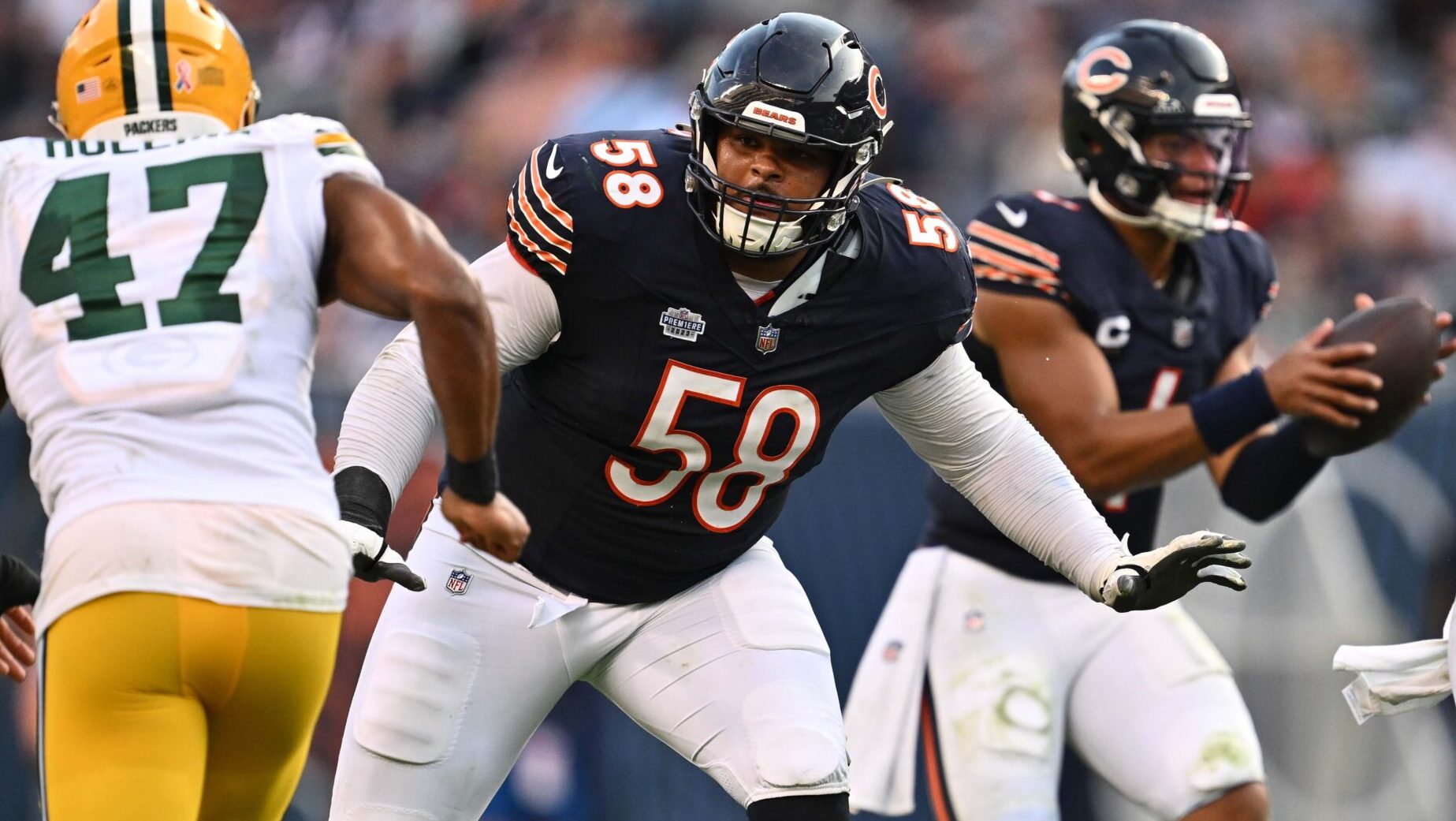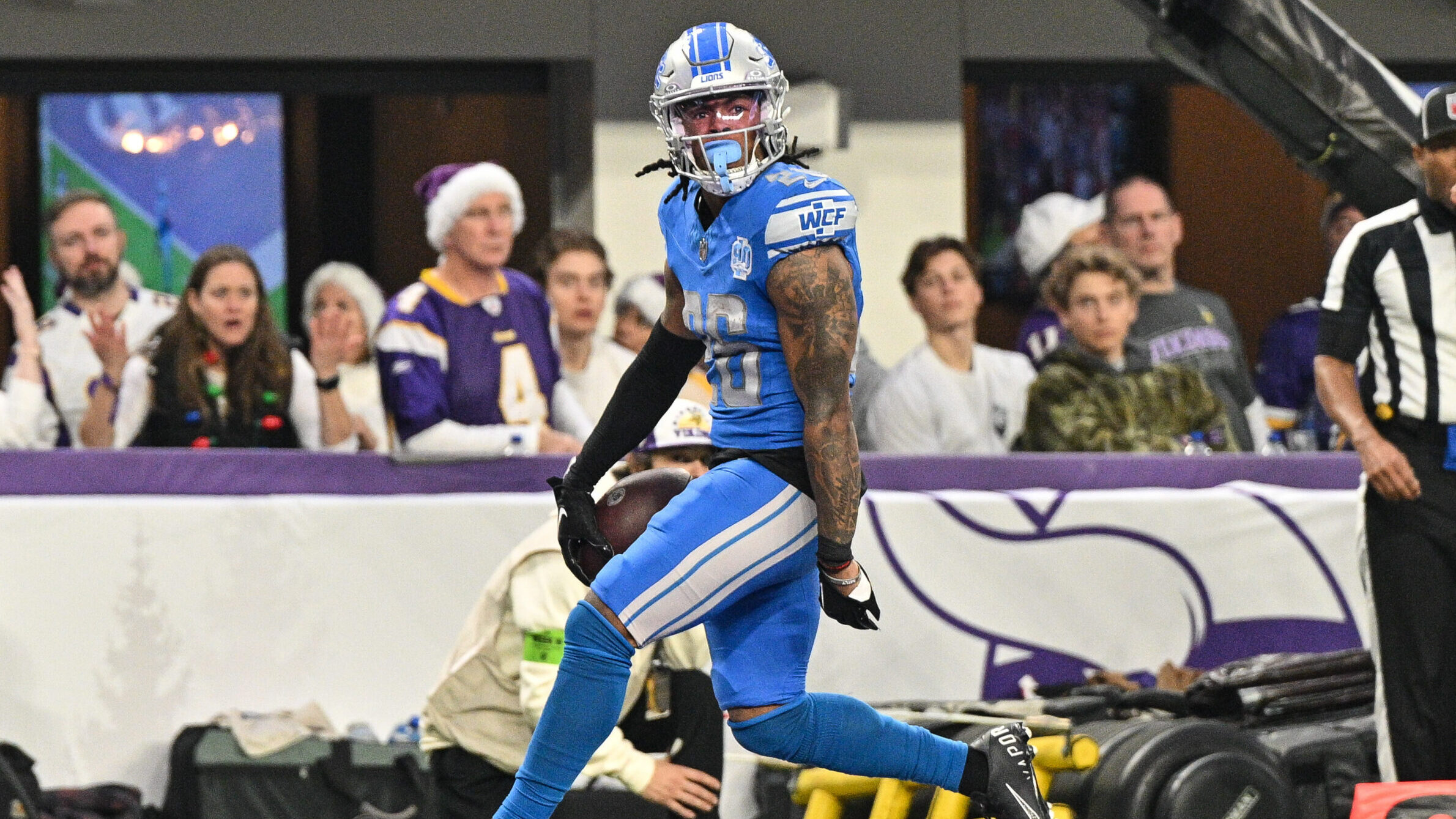Analysis
10/21/20
4 min min read
Running on Empty: Four Teams That Were Grounded in Week 6


Is it worth paying big bucks for NFL running backs? That’s been a major debate in recent years. There is no denying the importance of the run game, even in a pass-first league. With records being set in the passing game each week, the significance of being able to run the ball can sometimes be overlooked. Week 6 taught us the vital role of the run game in setting up the pass game and ultimately paving the way for success.
Four of the top five rushing teams in the NFL (in terms of yards/game) all suffered losses in Week 6. A constant theme in each of the losses was the offense's lack of effectiveness rushing the ball; something that has been a major part of each of these team’s identities. Let's take a closer look at just how much the non-existent run game affected the Cleveland Browns, New England Patriots, Minnesota Vikings and Green Bay Packers.
Cleveland Browns
Entering Sunday’s game against Pittsburgh, Cleveland held the number one spot in terms of rushing yards/game with 188.4. This mark was 8.6 yards better than the next best team (New England). The Browns were held to just 75 yards rushing on Sunday, their lowest total on the season. They averaged a mere 3.4 yards/attempt; coming into the game, they were averaging 5.5 yards/attempt and 5.4 yards/attempt in their wins.
When Cleveland is unable to run the ball effectively, it forces Baker Mayfield to throw the ball more in high-pressure situations where he has been proven to make mistakes. Cleveland's offense operates best when the run game can set up the play-action, rollouts and bootlegs that play into Mayfield’s strengths. Time and time again, Mayfield has shown the inability to carry his team when the run game can’t find a groove. Without an established run game, Cleveland’s offense will run into the same problems they were faced with in Week 6.
New England Patriots
It’s no surprise that a Bill Belichick team enters each week looking to pound the ball on the ground. Getting it done with a RB by committee, New England ranked second in yards/game (179.8) entering Sunday’s matchup against Denver. The Patriots were held to 4.6 yards/attempt – but if you exclude the legs of QB Cam Newton from the conversation, the RBs combined for a meager 2.7 yards/attempt. In New England’s two wins, they were averaging a much higher 5.9 yards/attempt.
When the running attack isn’t the relentless force that Belichick and offensive coordinator Josh McDaniels draw it up to be, the play-action pass they rely so heavily on fails to open up. With the Panthers in 2018, QB Cam Newton had the fourth-highest passer rating in the league on play-action passes. The strong performance by RB Damian Harris in Week 4 against the Chiefs leaves some hope for the Patriots play-action game moving forward.
Minnesota Vikings
Any production the Vikings had offensively on Sunday came during garbage time in the last two quarters of play. The Vikings had 12 positive yards rushing in the first. Without star RB Dalvin Cook, who trails only Derrick Henry among the league’s top rushers, the Vikings offense was in shambles. Of the Vikings 19 TDs, eight have been rushing TDs; Cook is responsible for seven of the eight.
With no luck running the ball, the Vikings rely too heavily on Kirk Cousins and the passing game. Putting all this weight on the QB’s shoulders has proven to be too much to bear; Cousins leads the NFL in INTs with 10. If things keep moving in the same direction, Cousins is on pace to throw 27 INTs this year. Establishing a balance on offense is key for the Vikings moving forward.
Green Bay Packers
The Packers were held in check in all facets by the stifling Tampa Bay defense. Heading into Sunday’s showdown, the Packers were sitting in the 5 spot with 150.8 rushing yards/game. Through four games, RB Aaron Jones had been electric, never falling below an average of 4.1 yards/attempt. Against the No. 1 run defense, it was a different story. Jones was held to a mere 1.5 yards/attempt, his long being 7 yards (in each game previous he had a run at least 15 yards or longer).
After some early scoring by Green Bay, Tampa was able to make them one-dimensional. Taking away the run, the Tampa front was able to pressure Aaron Rodgers at a rate he hasn’t been pressured all season. Rodgers was pressured on almost 49% of his drop backs and was sacked four times. Playing from behind reduced the Packers’ run game even further, allowing Tampa’s defense to expect the pass and bring heavy blitzes.
The best coaches across the league stress the importance of playing complementary football. Week in and week out, a team has to execute well enough in all three phases to succeed.
Opponents tend to attack the things you do well, which is why having a balanced attack on offense is so important. We want to believe that in such a pass-dependent league, we no longer need success out of the backfield, but Week 6 reminded us that this isn’t the case. The teams that win championships run and pass the ball with success; they don’t rely too heavily on one or the other. Moving forward, we will see if these teams can re-establish their running games and get back to playing complementary football.








